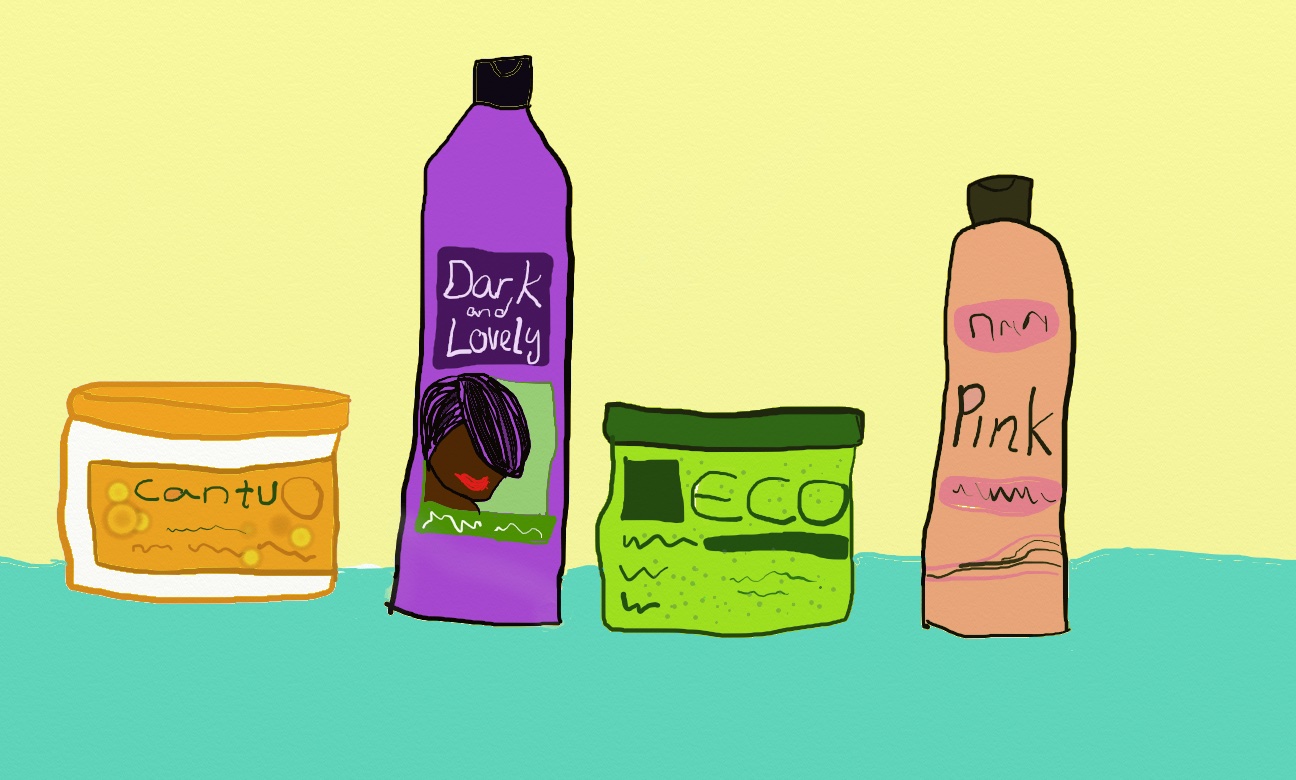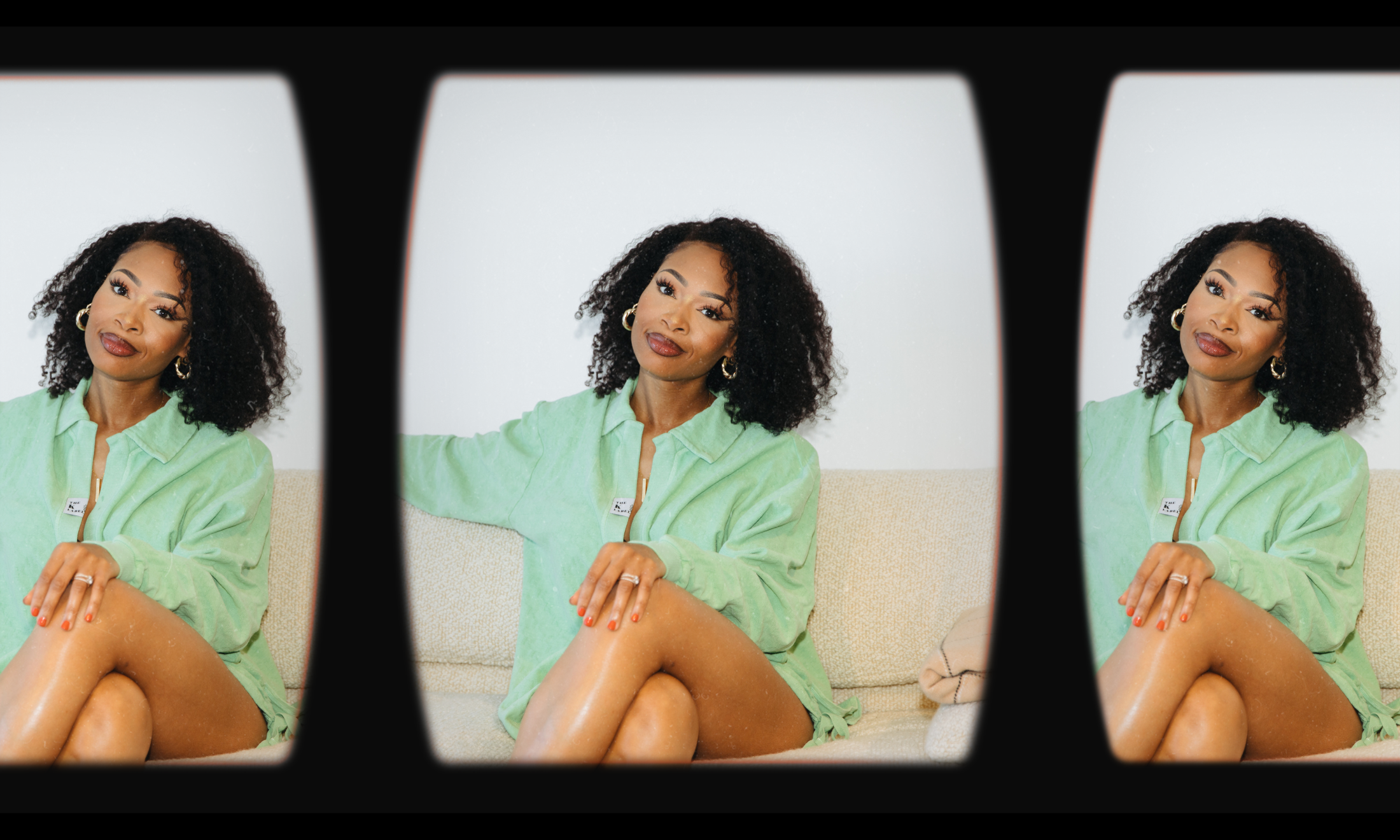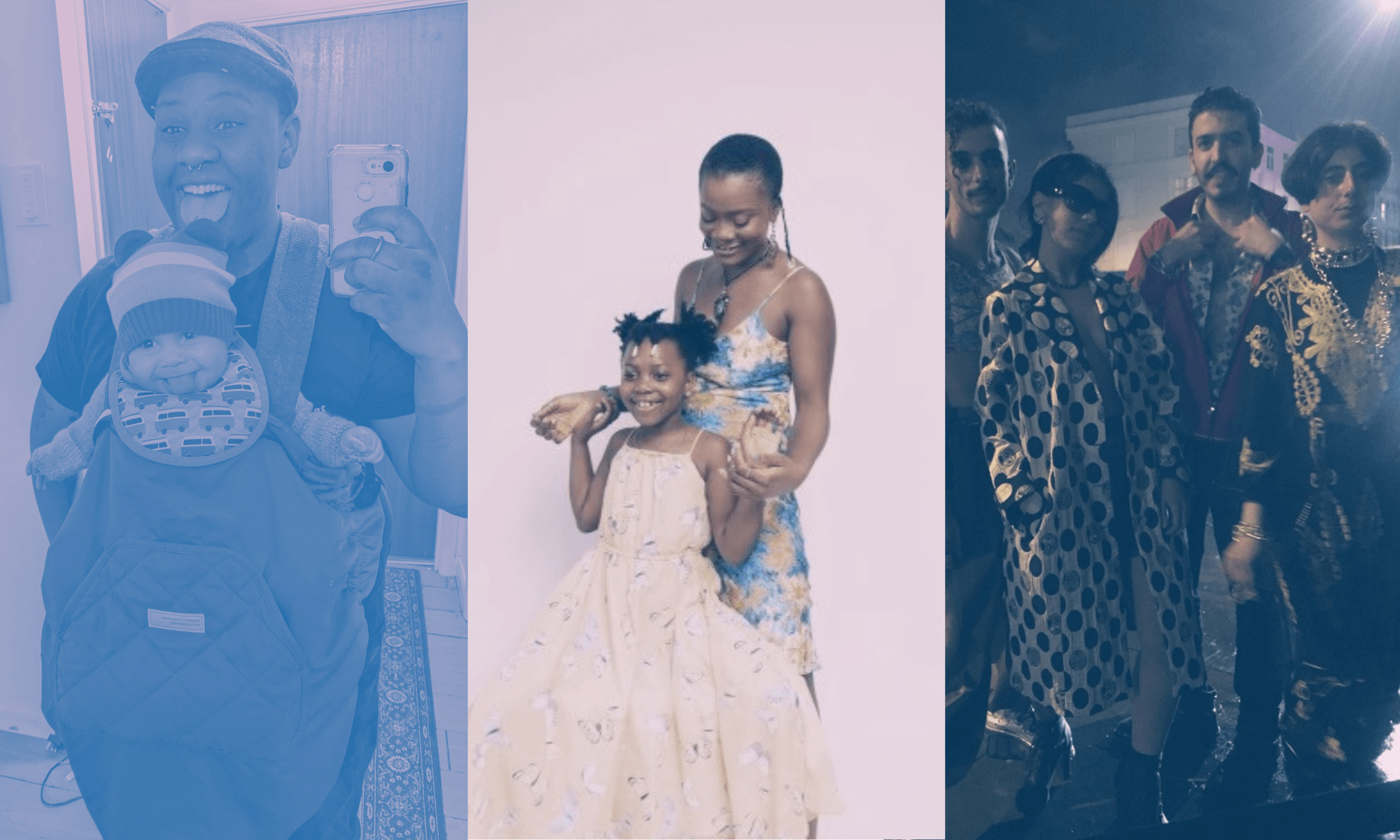
Finding home in African salons in Canada
Moving to Canada from South Africa with her family, this writer managed to find home and comfort within the African salons.
Anonymous
31 Jan 2018
“It’s not called a rubber; it’s an eraser,” said a classmate as she passed me the pink rectangular stationery that I had asked for.
My face went warm, and I swore to myself that I would remember the preferred term for the object. My family had moved from South Africa to a small predominantly white Canadian town when I was nine years old. It was the first time I had ever felt conscious about the words I used and the way I said them. My vowels sounded rounder and my “Rs” were not so aggressively articulated like the English that Canadians called for them to be. English is my first and only language but I became aware that the way my parents talked and how my other friends back home spoke wasn’t going to cut it.
My parents told me that my brother and I lost our accents within a year, but most of that transition was involuntary. It was simply the nature of being young and constantly interacting with people who spoke differently. But there was certain terminology and pronunciations of words that I learned in Canada that I actively adopted. I would practice them so I could confidently wield them when a conversation required it. It got to the point where I was gently correcting my parents on their pronunciation of words like “water” or “salon” which they pronounced more like “wot-a” and “suh-loon”, but they would simply look at each other in amusement. Sometimes, my father would proclaim with a dramatic flair that, “this house is Africa; we’ll pronounce words like Africans.”
“I only wanted to shed the linguistic signs of difference that had me under scrutiny and failing to blend in with my Canadian peers”
It wasn’t that I was ashamed of being South African or my parents being Ugandan. I only wanted to shed the linguistic signs of difference that had me under scrutiny and failing to blend in with my Canadian peers. In addition to this pressure to conform, I spent some time in my first few years in Canada working to eradicate the incorrect ideas my classmates had of Africa. I would take them to our computer lab during free times to show them Google Images of South Africa and the beautiful landscape and expansive infrastructure to prove the country’s modernity.
Over the years I’ve heard similar accounts from immigrant kids or kids with immigrant parents talk about the scrutiny their cultures, accents, clothes, and names were under. The most recent public expression of this experience came from Uzo Aduba, from Orange is the New Black. During an interview she discussed wanting to change her name to Zoe when she was younger because the people at school had difficulty pronouncing her Nigerian name.
Eventually, there was a shift in how I perceived my attempts at conformity and it stemmed from seeing my “foreignness” in a different light. That is, my family would occasionally travel to the large city near our small town, and it would be a chance for me to get my hair braided at an African salon. I would sit there for hours getting my hair braided while I envied my brother who was able to do more fun activities around the city. The salon was always a hub of activity that almost seemed choreographed.
People were coming in and out of the store, two or more women worked on my hair as I tried to peek between their limbs and torsos to catch a glimpse of the television screen where a dramatic love story that only Nollywood could produce was unfolding, and a radio blaring afrobeats was competing for relevancy. But those who were interested in the music were pleased and those invested in the film could follow along. Additionally, the gossip that ran through these salons was enthralling, and by the end, despite not knowing anyone or having any stake in the situation, I had formed an allegiance to at least one person involved.
“Though the accents of the people within the salon were different and bore proof of the country the speaker came from”
Though the accents of the people within the salon were different and bore proof of the country the speaker came from, they were familiar and understandable. It was the relationship between the distinct accents and the comfort with which they circulated within the space that helped reintroduce Africa. It was not simply a distant place I was born in that had cool clothes for me to wear during my school’s culture days but instead a continent that was real and nuanced.
It wasn’t enough for me to say I was from Africa, people wanted to know exactly which country I was from and what languages I spoke. Also, the things my immediate family did and the way they pronounced certain words were no longer novelties or “incorrect.”
The days following President Trump’s remarks about preferring immigrants from places like Norway and dismissing immigrants from “shithole countries”, I saw a lot of people with good intentions defend Haiti, African countries, and Latin-American countries by pointing to the highly educated and hard working people from those places that positively contribute to American society.
“Through my presence in African salons over the years, I’ve came to appreciate that I am more than my potential labour”
With this assertion, however, we make delineation between those who deserve respect and the red carpet treatment towards citizenship and those who are just perhaps the unfortunate baggage the West must endure to reap the benefits of those “good immigrants.” It’s a concept that when laid out like that seems gross and probably not what some who push the rhetoric intend, but it’s nevertheless harmful because it informs the way immigrants are treated and it feeds bias.
This mindset is something I’ve been aware of before now, and perhaps I somewhat upheld whenever I got my Canadian classmates huddled around a computer to look at the non-poverty stricken parts I come from. However, through my presence in African salons over the years, I’ve came to appreciate that I am more than my potential labour, and I don’t need to be the perfect immigrant and point to my achievements or frame Africa in any particular way to justify or explain my presence in the country. In these African salons I didn’t have to abandon vernacular to wade off and combat stereotype threat that always seemed present. Instead, in these spaces where I learned to distinguish hair products by smell, I could be myself and not feel othered.
Though I’m an adult now and have since moved to a large city that is more multicultural, I still find solace in these salons because I can be a witness to and be a part of experiences that include women and men walking in for their appointments wearing traditional garb, customers and workers alike cackling at African films, and an auntie handing out her homemade Jamaican patties. Since ridding myself of unnecessary hang-ups and insecurities, it is those hours I spend in the salon now that provide me with one of many opportunities to stay connected and revel in my diaspora’s beauty and complexity.









